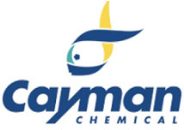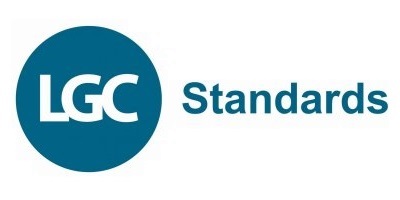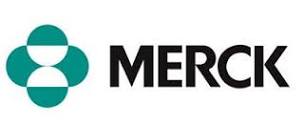How to Find a Chemical HS Code
Regulating the trillions of dollars worth of goods transported around the world is no easy task, but the Harmonized Commodity Description and Coding System, or HS code, aims to do just that. The scope of this nomenclature is so broad, covering all physical goods moving over borders, that extensive classification is required to ensure different products are properly categorised. Chemicals, which are transported in millions of tonnes every single day, are covered by the World Customs Organization (WCO) HS Chapters 28 and 29.
No chemical compound can be transported internationally without a HS code, also known as a commodity code. There is guidance available, but Chapters 28 and 29 of the HS codes alone covers most organic and inorganic compounds, precious metals, rare-earth metals, radioactive elements, and isotopes. Navigating these incredibly detailed guidelines is extremely complex. It may seem counterintuitive, therefore, that the burden of responsibility often falls to those with limited scientific expertise. Needless to say, the cost of getting your HS code, and subsequently your trade information, can lead to exorbitant costs.
Pitfalls of Manually Finding HS Codes
Manually coding chemicals is not only time-consuming, but it can also prove costly to the sum of thousands of dollars in avoidable taxes. A robust chemical knowledge combined with a thorough understanding of the various permutations of Chapters 28 and 29 is also essential. Finding the HS codes for even relatively simple commodity compounds is deceptively complicated. One chemical may have dozens of common names, with only one or two, if at all, listed Chapters 28 and 29.
The reality is that you cannot even attempt to look up most chemicals shipped by name. Instead, you must apply the complex rules regarding the chemical substructures outlined in the chapter to determine the correct code.Although the WCO compendium describes the harmonized system as a universal language for international trade, vernacular continues to be troublesome.

There are lookup systems available to alleviate these problems and make the process of coding regulated substances for global trade a more straightforward process, such as the European Customs Inventory of Chemical Substances (ECICS) provided by the EU. Yet this database contains only a few 10,000s of entries for common chemicals, so classification remains technically challenging for most chemicals.
These issues are exacerbated when shipping proprietary compounds. In such cases, you aren’t simply finding your compound on a list names. You need to determine the appropriate HS code using the complicated general rules set out in Chapters 28 and 29. This process is technically challenging and notoriously error-prone. Historically there are two primary avenues if you aren’t able or willing to risk manually coding in-house. You can hire trade compliance and chemical specialists experienced in tariff coding or disclose your structure to customs authorities. The former can cost hundreds of dollars per hour, while the latter can take weeks to receive results.
Finally, each country or region can customise the general rules in the WCO HS Chapters 28 and 29 as they see fit. So the HS code for one country may not be the same in another for the same chemical.
An Automated Alternative for HS Coding
At Scitegrity, we have developed a novel solution to the pitfalls of manually determining the HS/ commodity codes of new and existing chemicals. Our ExpediChem platform eliminates the issue of semantics by allowing you to search by structure or name. It does this by automatically applying the rules in the chapters without you having to do anything.
Obtaining an HS code and its headline tax information is as simple as selecting the country you wish to ship into, and then choosing to search by name, identifier, or structure. It does not require knowledge of chemistry or HS chapters
Being able to upload or draw your chemical structure directly into the platform sets ExpediChem apart, allowing for chemically-enabled searches that work on novel chemicals as easily as commodities.
If you are interested in HS coding with the ExpediChem, why not book a demo today?
Trusted by our Clients











